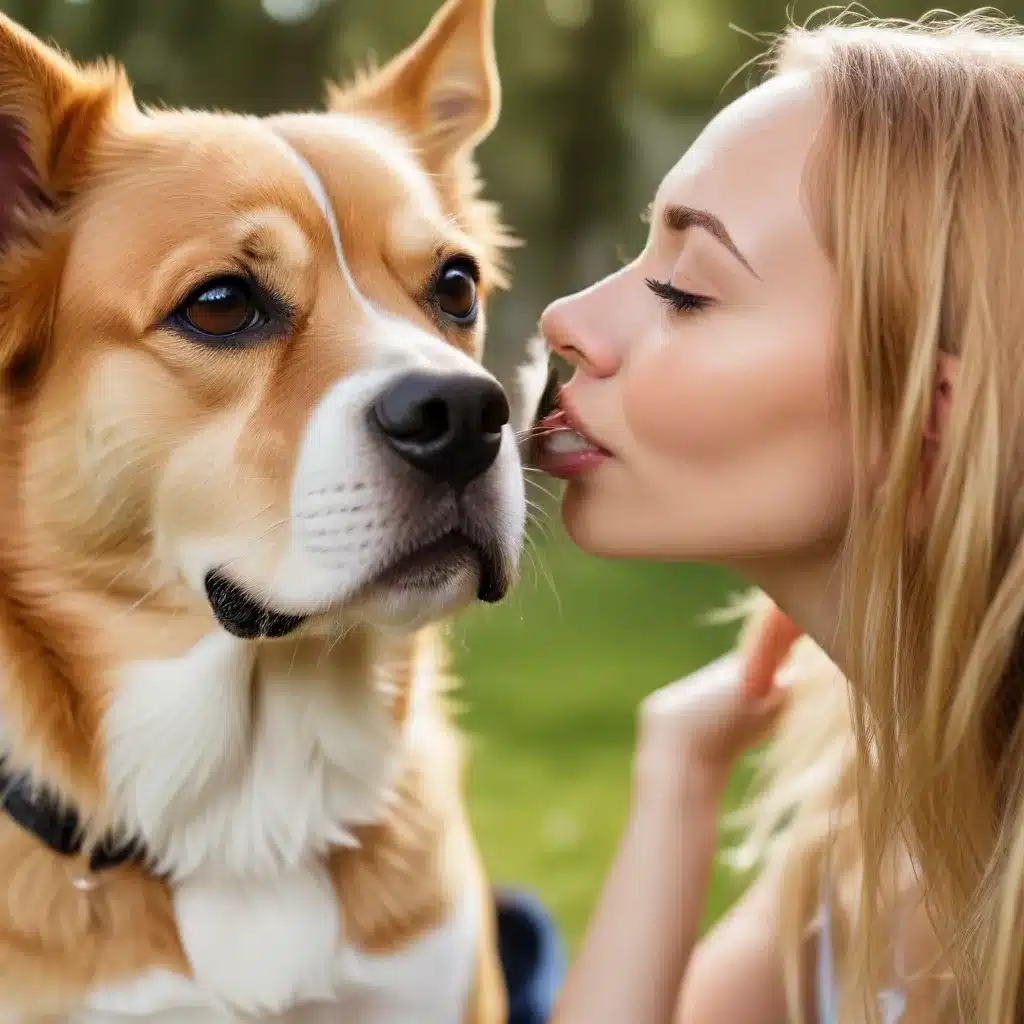
The Power of the Human-Pet Bond
As an experienced avian caretaker, I’ve witnessed firsthand the profound impact that our feathered companions can have on our overall well-being. The connection between pet owners and their birds goes far beyond a simple transactional relationship – it taps into the very core of our emotional needs and psychological well-being.
At the heart of this bond is the concept of attachment. Just as we form deep, lasting connections with our human loved ones, we can develop equally meaningful attachments with our avian pets. This attachment manifests in the way we interact with our birds, the care we provide, and the joy and comfort we derive from their companionship.
The Benefits of Avian Attachment
When we feel securely attached to our birds, the psychological benefits can be truly remarkable. Studies have shown that owning a pet bird can reduce feelings of loneliness, alleviate symptoms of depression and anxiety, and even lower blood pressure and heart rate. The simple act of birdwatching or interacting with our feathered friends can trigger the release of feel-good hormones like oxytocin, helping us to manage stress and cultivate a greater sense of overall well-being.
But the benefits of avian attachment go beyond just mental and physical health. Many bird owners report a deep sense of purpose and fulfillment in caring for their pets, as well as a stronger connection to the natural world. The opportunity to observe and learn about the unique behaviors and adaptations of different bird species can be truly captivating, fostering a greater appreciation for the wonders of the avian world.
Factors Shaping the Human-Bird Bond
Of course, the strength and quality of the human-bird bond can be influenced by a variety of factors. The species of bird, its individual temperament, and the owner’s own personality and life experiences can all play a role in determining the depth and nature of the attachment.
For example, some bird species, like parrots, are known for their high intelligence and strong social bonds, which can facilitate a particularly close and rewarding relationship with their human caregivers. On the other hand, more solitary or independent species may require a different approach to foster a meaningful connection.
Likewise, an owner’s own attachment style, shaped by their past experiences with attachment figures, can influence how they perceive and interact with their avian companion. Individuals with a secure attachment style may be more adept at meeting their bird’s emotional needs, while those with more anxious or avoidant tendencies may face additional challenges in building a fulfilling relationship.
Enhancing the Human-Bird Connection
Fortunately, there are numerous ways that we can cultivate and strengthen the bond between ourselves and our feathered friends. Regular, positive interactions, such as hand-feeding, gentle handling, and engaging in enrichment activities, can help to deepen the attachment and foster a sense of trust and reciprocity.
It’s also important to ensure that our birds’ physical and emotional needs are being met. Providing a spacious, well-designed habitat, a nutritious diet, and opportunities for natural behaviors can all contribute to the overall well-being of our avian companions, which in turn can enhance the quality of the human-bird relationship.
Exploring Avian Therapy
Beyond the personal benefits of avian attachment, there is also growing interest in the therapeutic potential of birds. In recent years, the field of avian-assisted therapy has gained traction, with practitioners leveraging the unique qualities of birds to support individuals with a wide range of physical, emotional, and cognitive challenges.
In these therapeutic settings, the presence of birds can help to create a calming, non-threatening environment, and the act of caring for and interacting with the birds can foster a sense of purpose, mastery, and emotional connection. This can be particularly beneficial for individuals struggling with mental health issues, developmental disabilities, or the effects of trauma.
Avian Enrichment and Owner Well-being
But the benefits of avian attachment extend beyond just the individual bird owner. By engaging in activities that promote the well-being of our feathered friends, we can also enhance our own sense of fulfillment and purpose.
Providing our birds with appropriate enrichment, such as novel toys, foraging opportunities, and opportunities for social interaction, not only benefits the birds themselves but can also be a rewarding and fulfilling experience for the owner. The sense of accomplishment and pride that comes from seeing our birds thrive and engage in natural behaviors can be a powerful source of positive emotion and personal growth.
Conclusion: Strengthening the Human-Avian Bond
In conclusion, the connection between pet attachment and owner well-being is a complex and multifaceted phenomenon, with implications that extend far beyond the individual bird owner. By understanding the importance of this bond, and taking steps to nurture and strengthen it, we can unlock a wealth of physical, mental, and emotional benefits for both ourselves and our feathered companions.
At Mika Birds Farm, we are passionate about helping bird owners to cultivate and deepen their connections with their avian friends. Whether through our expert avian care advice, our carefully curated selection of enrichment products, or our community of fellow bird enthusiasts, we are committed to empowering bird owners to enhance the well-being of both themselves and their beloved pets.
So why not explore the wonders of avian attachment today? Your bird – and your own well-being – will thank you for it.


